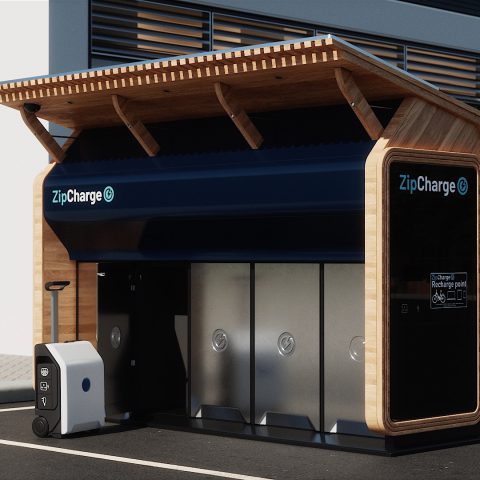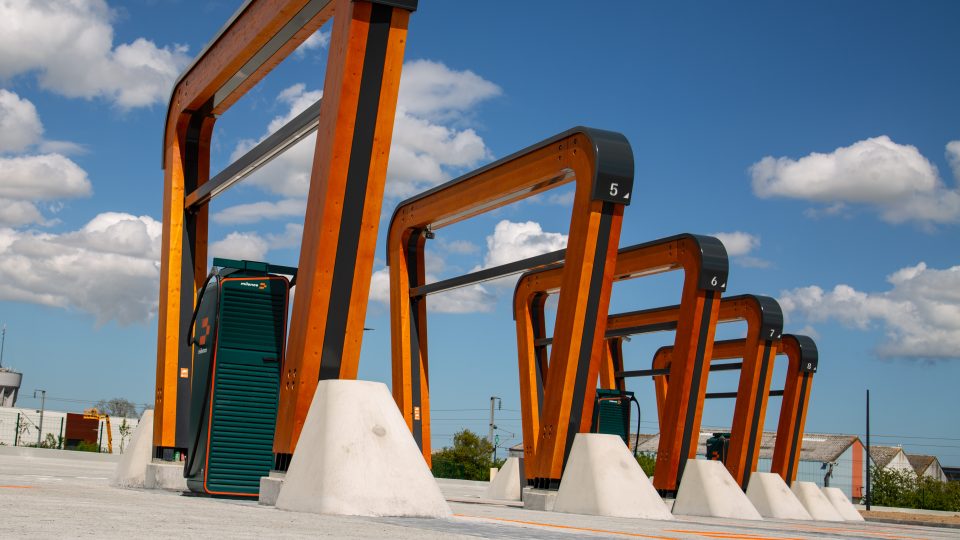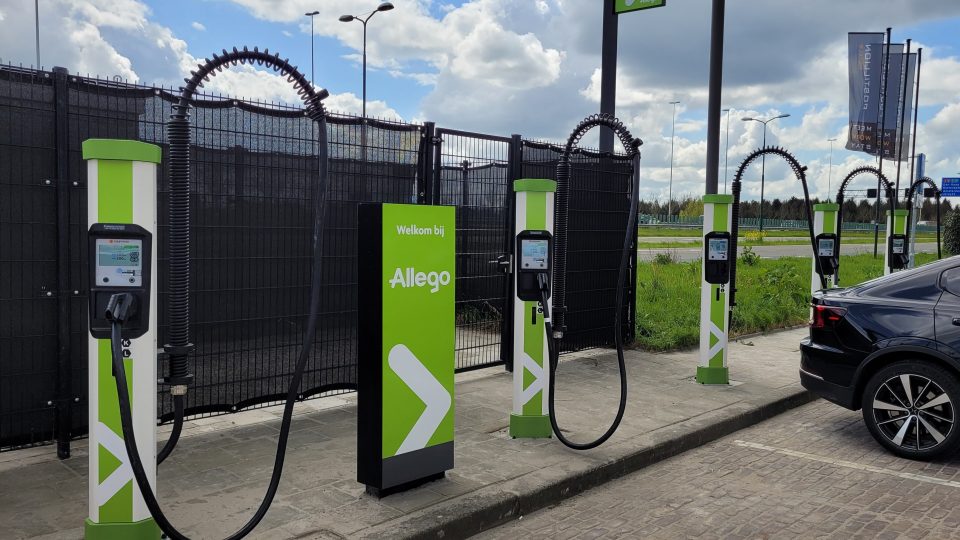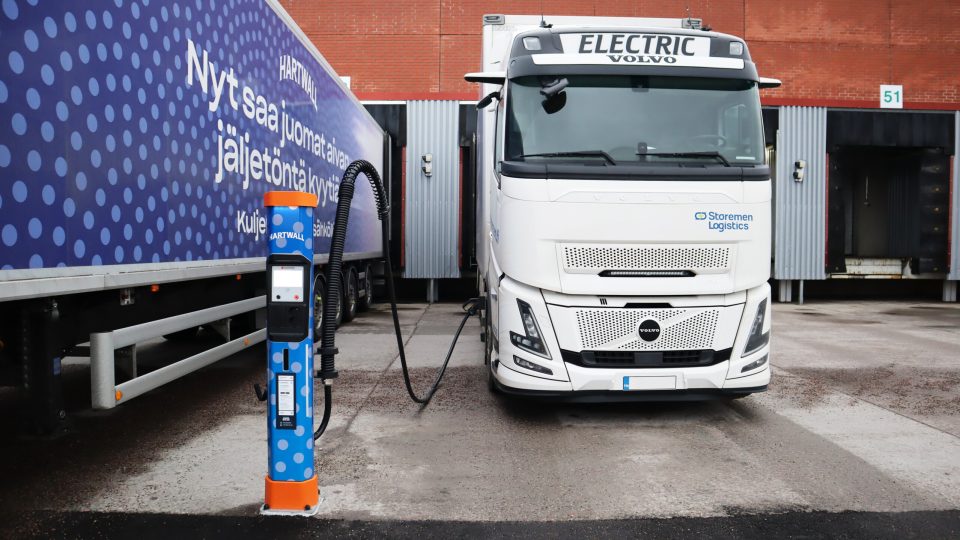ZipCharge launches the GoHub: any parking space can become a charging spot
In its base form, the GoHub comes in two variants; a single sided unit houses five ZipCharge Go portable powerbanks, or a double-sided GoHub with ten. Both fit comfortably into a regular parking space. It can also be sited on the pavement or close to where power already exists.

UK-based company ZipCharge has launched the GoHub, the first portable EV charging infrastructure for shared and public use. According to the manufacturer, the GoHub can be installed anywhere, at a much lower cost and at a much faster rate.
Multiple ZipCharge powerbanks in every GoHub
The GoHub hosts multiple ZipCharge Go EV powerbanks to address the need for convenient, flexible, and low-cost energy. According to ZipCharge, it is a secure way of housing, recharging, and providing access to the ZipCharge Go so that anyone can access a portable powerbank at the lowest cost. The GoHub is modular and flexible in size, suitable for a diverse number of locations, including on-street, in car parks, at work and in private environments.
«We intend to establish the world’s first vertically integrated ‘energy point operator’ (EPO) to serve hundreds of millions of people around the world so everyone can access convenient and low-cost energy», said ZipCharge Co-founder, Jonathan Carrier. «The ZipCharge Go and the GoHub enable the storage of clean energy, which can then be distributed for a multitude of uses from charging an EV to powering equipment. We predict our portable powerbanks will outsell fixed home chargers by 2030, in the same way mobile phones overtook landlines. That’s because the Go can be used for more than charging EV charging, it’s a portable energy storage device for personal energy management. We have the bold ambition to deploy 100,000 GoHubs globally by 2030 to support EV charging, local grid resiliency and energy democracy».

Two variants with five or ten powerbanks
In its base form, the GoHub comes in two variants; a single sided unit houses five ZipCharge Go portable powerbanks, or a double-sided GoHub with ten. Both fit comfortably into a regular parking space. It can also be sited on the pavement or close to where power already exists. All GoHubs can be intelligently reconfigured, expanded and connected together with minimal investment, growing in tandem with the adoption of electric vehicles.
Anytime access will allow anyone to use a Go powerbank for a simple to understand fee: £1, €1 or $1 for a 4kWh charge with no connection fee. This simple and transparent pricing allows everyone to know what their daily driving will cost. ZipCharge aims to provide lower prices per kWh compared to fixed AC charging given the integrated Energy Storage System in the GoHub allows ZipCharge to take cleaner, cheaper electricity overnight.

















